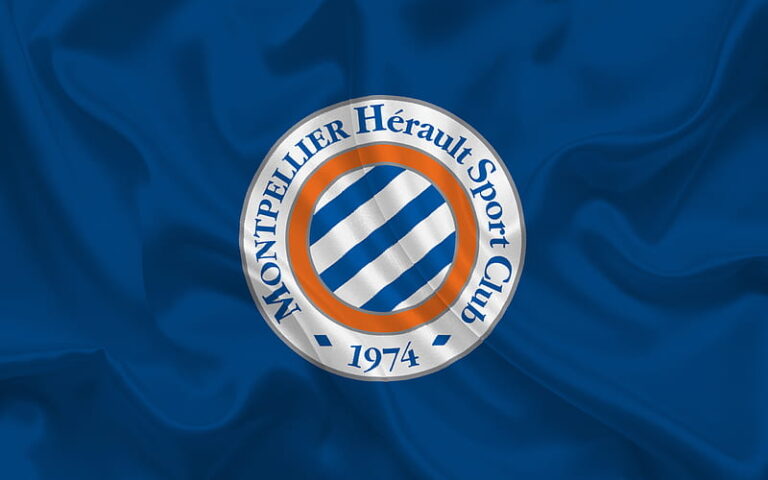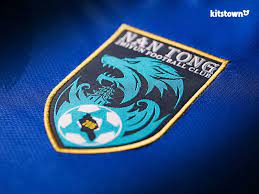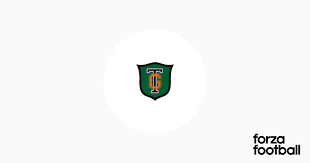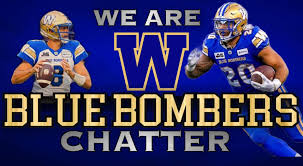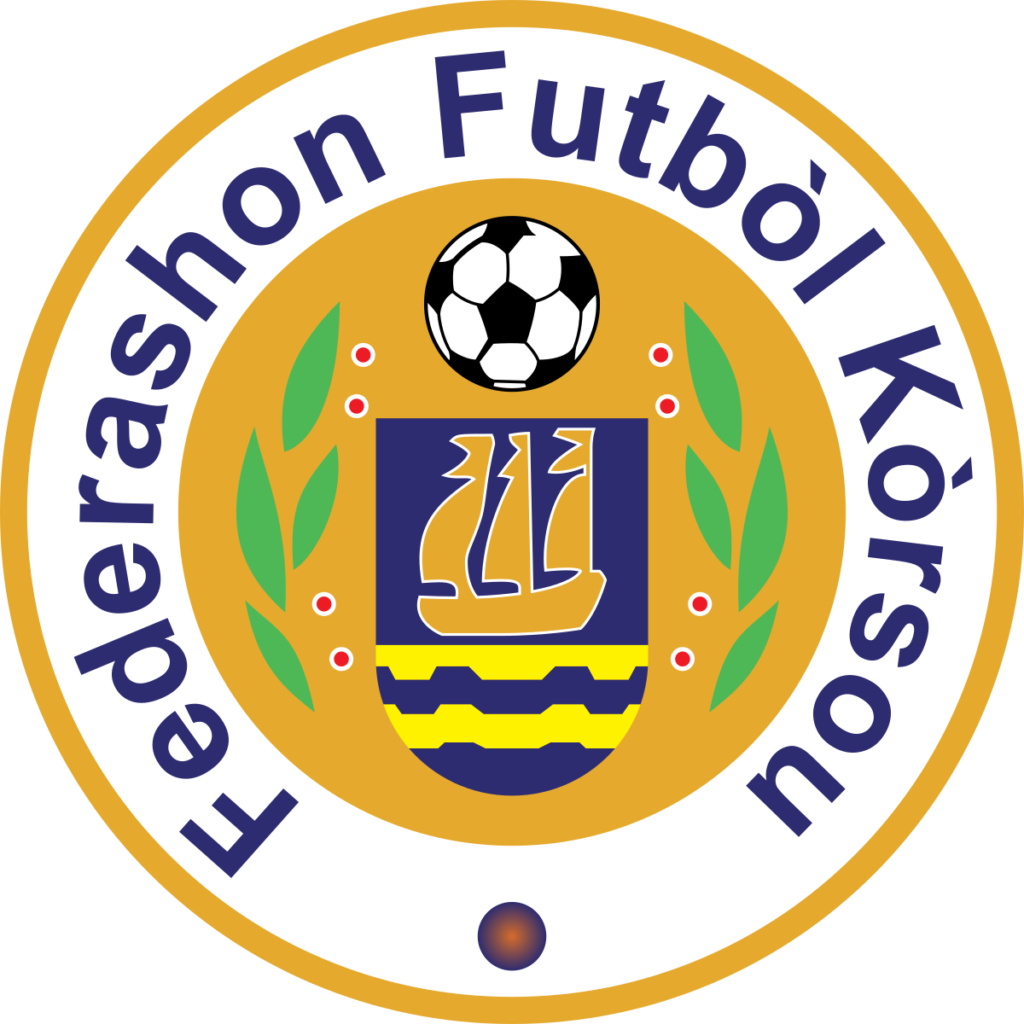
Curacao FC
No fairy-tale journey is complete without adversity. Curacao FC’s ascent has been punctuated by obstacles ranging from financial uncertainty to infrastructural limitations and shifting political landscapes. How the club navigated these hurdles offers valuable lessons for any aspiring football institution.
Financial Sustainability Curacao FC
Operating a professional football club in the Caribbean is no easy feat, given limited sponsorship opportunities and modest broadcast revenues. Curacao FC had to get creative with its funding model, relying on a mix of local investors, government grants, and revenue from merchandise sales m88.
Early on, the club made difficult decisions to avoid debt, prioritizing long-term stability over flashy signings. Partnerships with tourism boards and international brands have since boosted their coffers, but prudent management remains a guiding principle.
Having studied the finances of several Caribbean clubs, I admire Curacao FC’s refusal to chase unsustainable growth. Their business-minded approach serves as a blueprint for clubs facing similar financial constraints.
Infrastructure and Facilities
Facilities pose another challenge for Caribbean teams. When Curacao FC was founded, training grounds and medical resources lagged behind those available to their competitors abroad. Recognizing this, the club launched ambitious projects to upgrade stadiums, install modern fitness centers, and improve player accommodation.
These investments required patience, but the payoff has been significant. Today, Curacao FC boasts facilities that rival those of far wealthier clubs, giving them a recruiting edge and enhancing player performance.
To me, this underscores the importance of infrastructure in building lasting football success. Talent alone is not enough—clubs must provide an environment in which athletes can thrive physically and mentally.
Navigating Politics and Governance
Caribbean football is often shaped by intricate webs of local politics and organizational infighting. Curacao FC has faced its share of interference and bureaucratic red tape, particularly regarding league scheduling, player registration, and tournament eligibility.
Leadership responded by building strong relationships with federation officials and advocating for transparent governance reforms. Their efforts have helped professionalize the local league and win greater autonomy from external actors.
I view Curacao FC’s navigation of the political landscape as a testament to their maturity. By working collaboratively rather than confrontationally, they have advanced not just their own interests but those of the entire footballing community.
